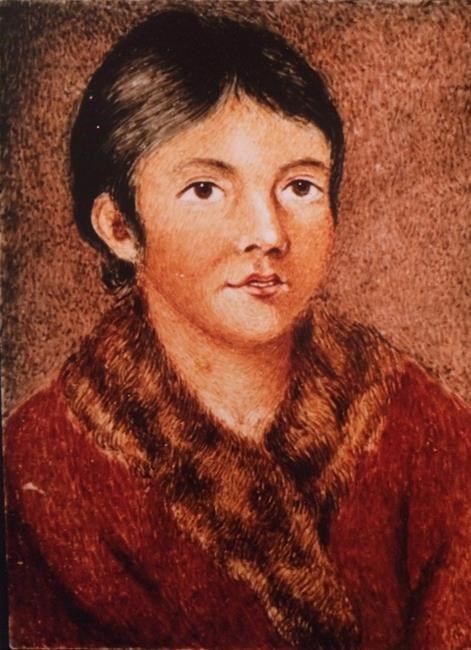ST. JOHN'S, N.L. — The remains of two Indigenous people have been returned to Newfoundland from Scotland after being stolen from a grave site on the island almost two centuries ago.
Representatives from five Indigenous groups in Newfoundland and Labrador as well as Premier Dwight Ball participated in a small ceremony at The Rooms provincial archive in St. John's on Wednesday, where the remains of Beothuk people Nonosabasut and Demasduit had arrived hours earlier.
National Museums Scotland announced last year that the remains would be transferred to Canada following a federal government request.
The remains will stay at The Rooms so they can be preserved, but not displayed, until a final burial site is decided on by Indigenous leaders.
Chief Mi'sel Joe of the Miawpukek First Nation, who led efforts for the return starting in 2015, described it as a sacred moment for the island's history.
"They're almost home," Joe said.
Joe said more work lies ahead before Nonosabasut and Demasduit are returned to the land in a formal re-burial, but he said Wednesday's "small closure" is an important moment in acknowledging the destruction of a culture that thrived before the arrival of Europeans.
"They were free. They roamed this province, they honed it, they loved it and they brought their children into the world here. It was their land," Joe said.
Jodie Ashini, cultural guardian for the Innu Nation, offered an emotional spoken tribute to "our grandparents," translated into Innu-aimun, a language Ashini said Beothuk people would have understood.
"Our ancestors have travelled thousands of miles just to be home, a place they never sought to leave. And today, they are welcomed into the arms of living relatives," Ashini said.
The remains of married couple Nonosabasut and Demasduit were discovered by Newfoundlander William Eppes Cormack in 1828 and sent to his mentor in Scotland. Their skulls and burial objects had remained there ever since, most recently in Edinburgh as part of a national collection.
There were complications with past efforts to repatriate the remains because the Beothuk people have no known living descendants. A policy required federal governments to issue requests with support from "a community descended from those to whom the remains are ancestral."
Among the island's original inhabitants, the last Beothuk is believed to have died in 1829.
Chief Joe travelled to Scotland himself more than once to negotiate the return of the remains. The gathered leaders thanked Joe for his dedicated efforts on Wednesday, and thanked the premier and federal politicians working together to see them returned.
"I hope we go on from here and we do more. This is just a start," Joe said.
Todd Russell, president of the NunatuKavut Community Council, said the Beothuk story is a "stark reminder of what colonialism can do and has done," and called for contemporary politicians to learn from the past.
He said the return of Nonosabasut and Demasduit is an important to keeping their people's story alive.
"In many, many ways, they're still alive through their memory, and now through the repatriation of these remains."
This report by The Canadian Press was first published March 11, 2020.
The Canadian Press



